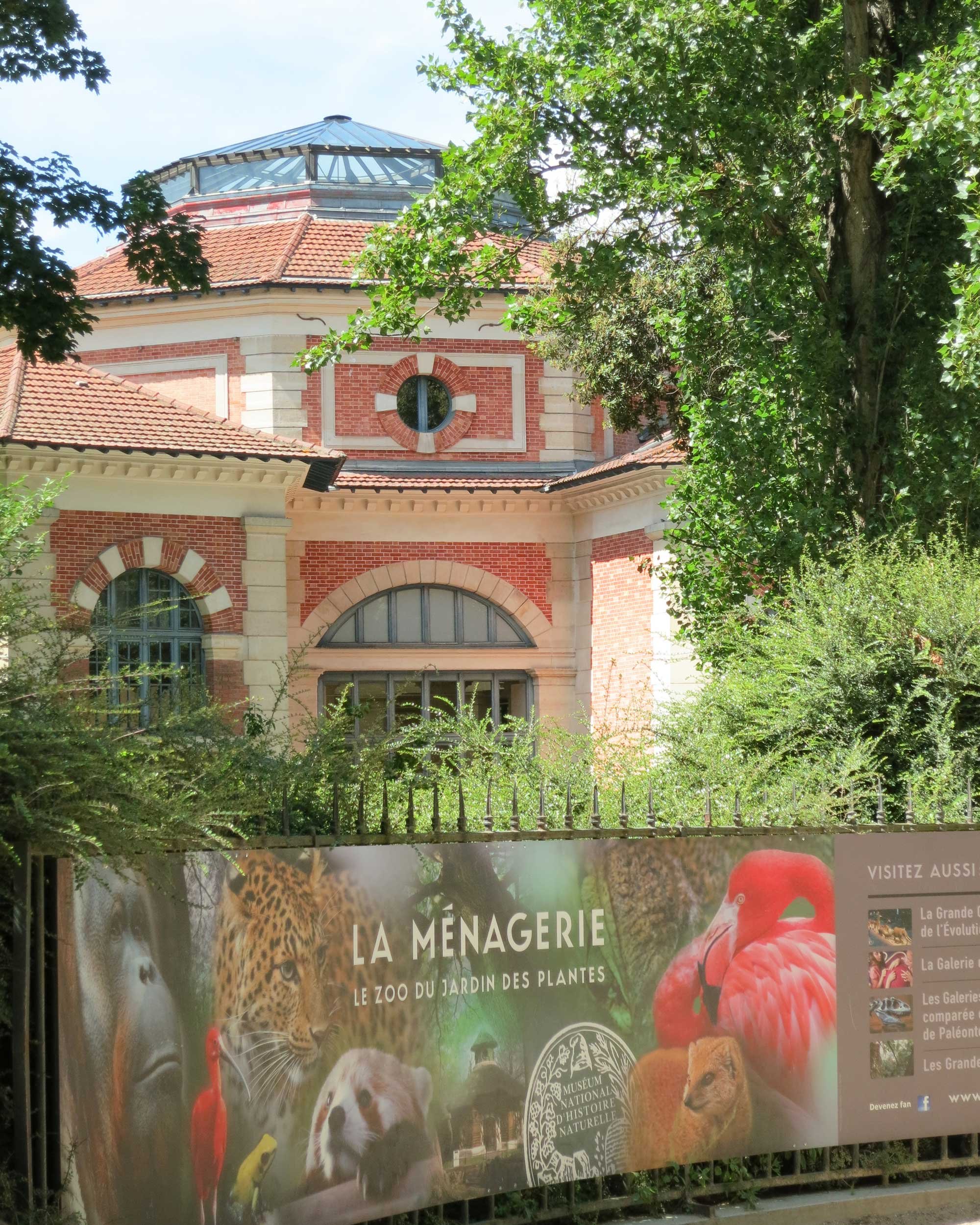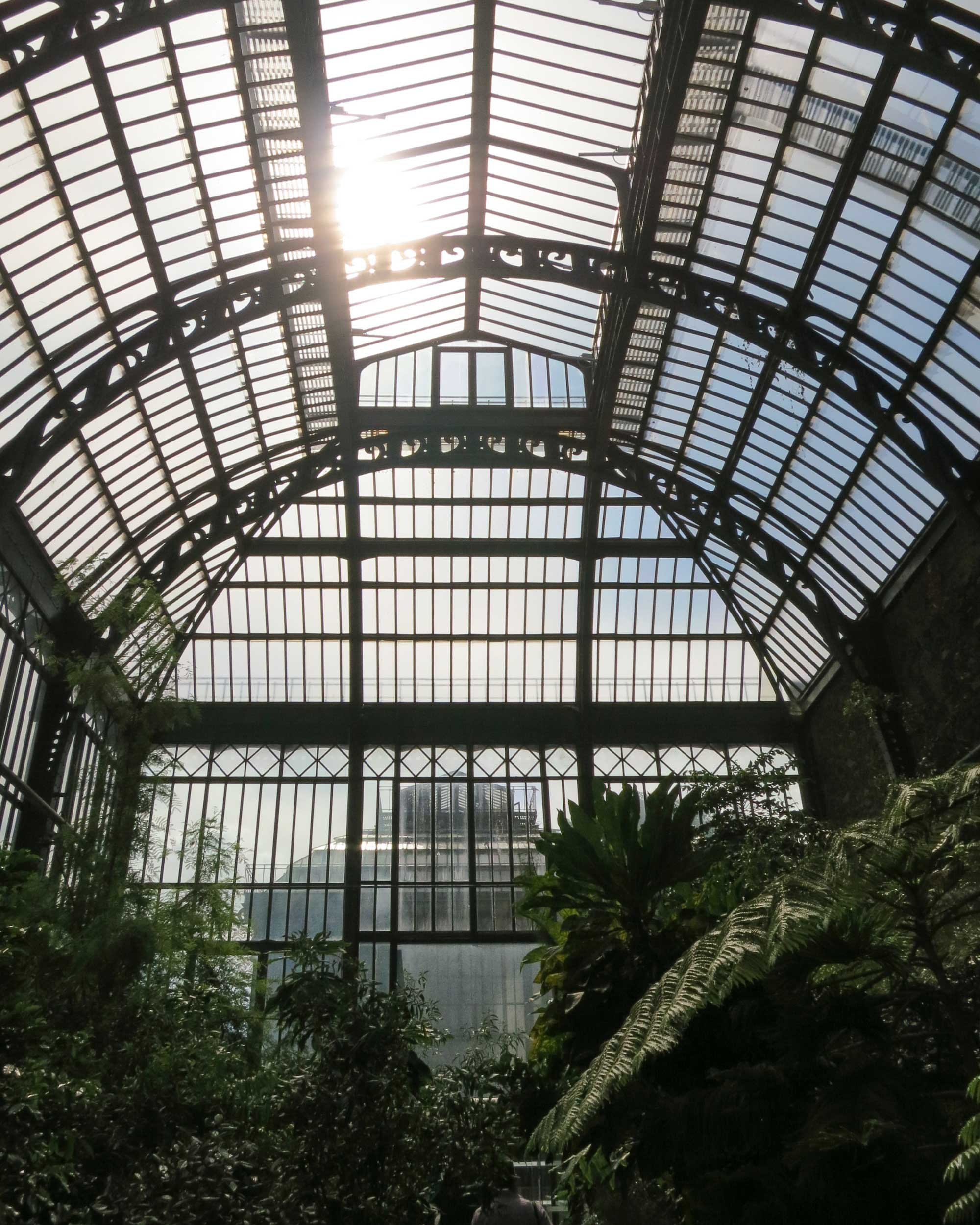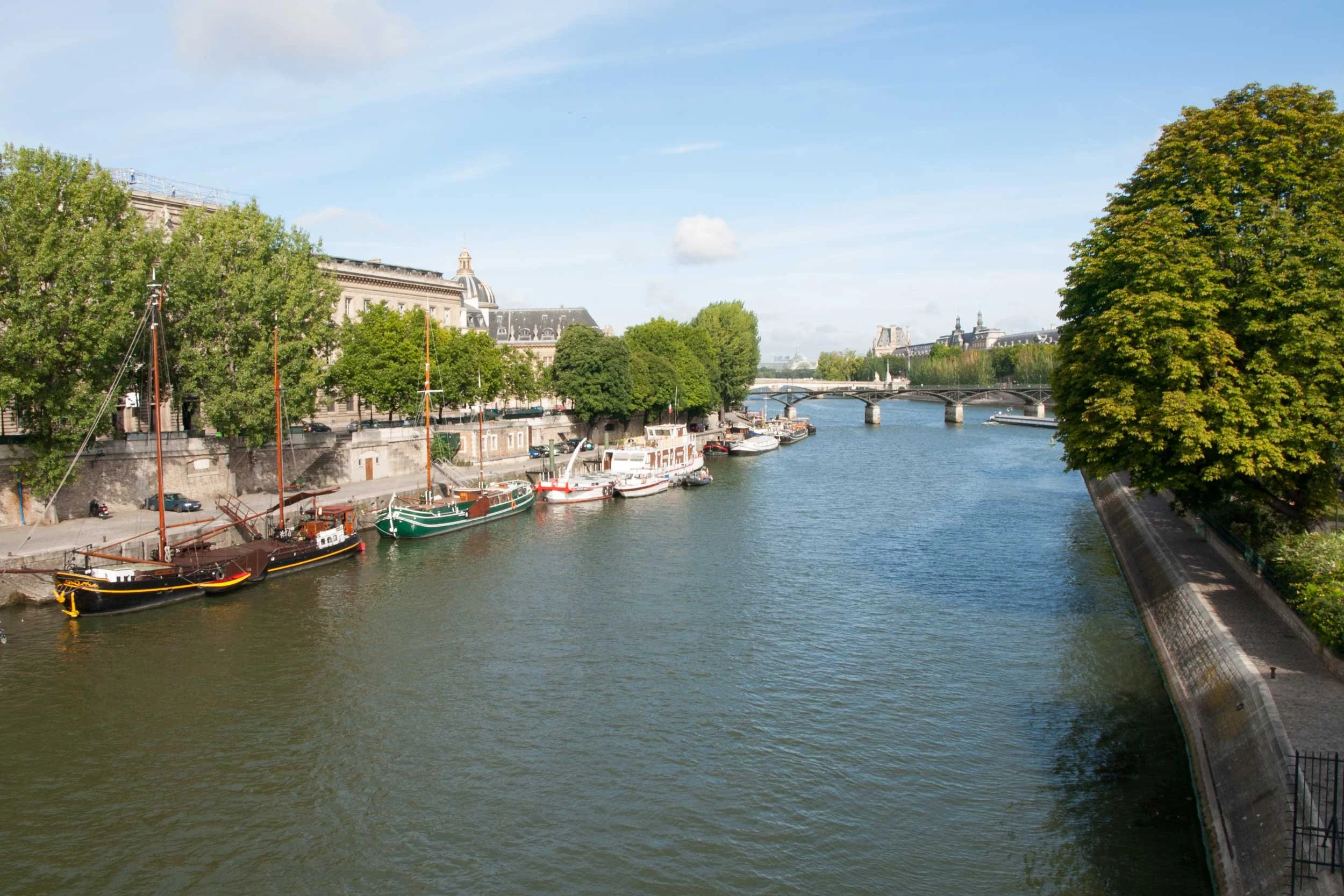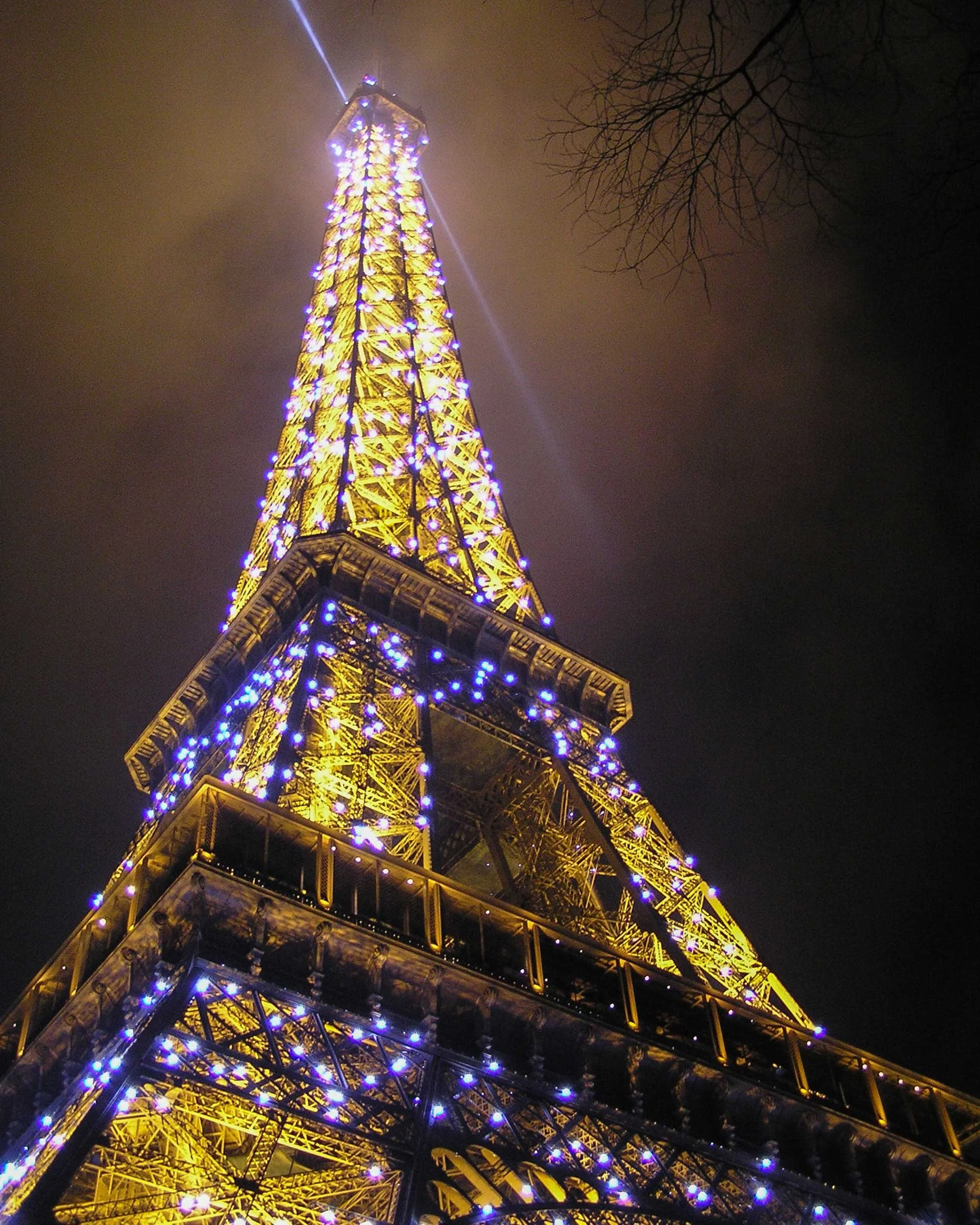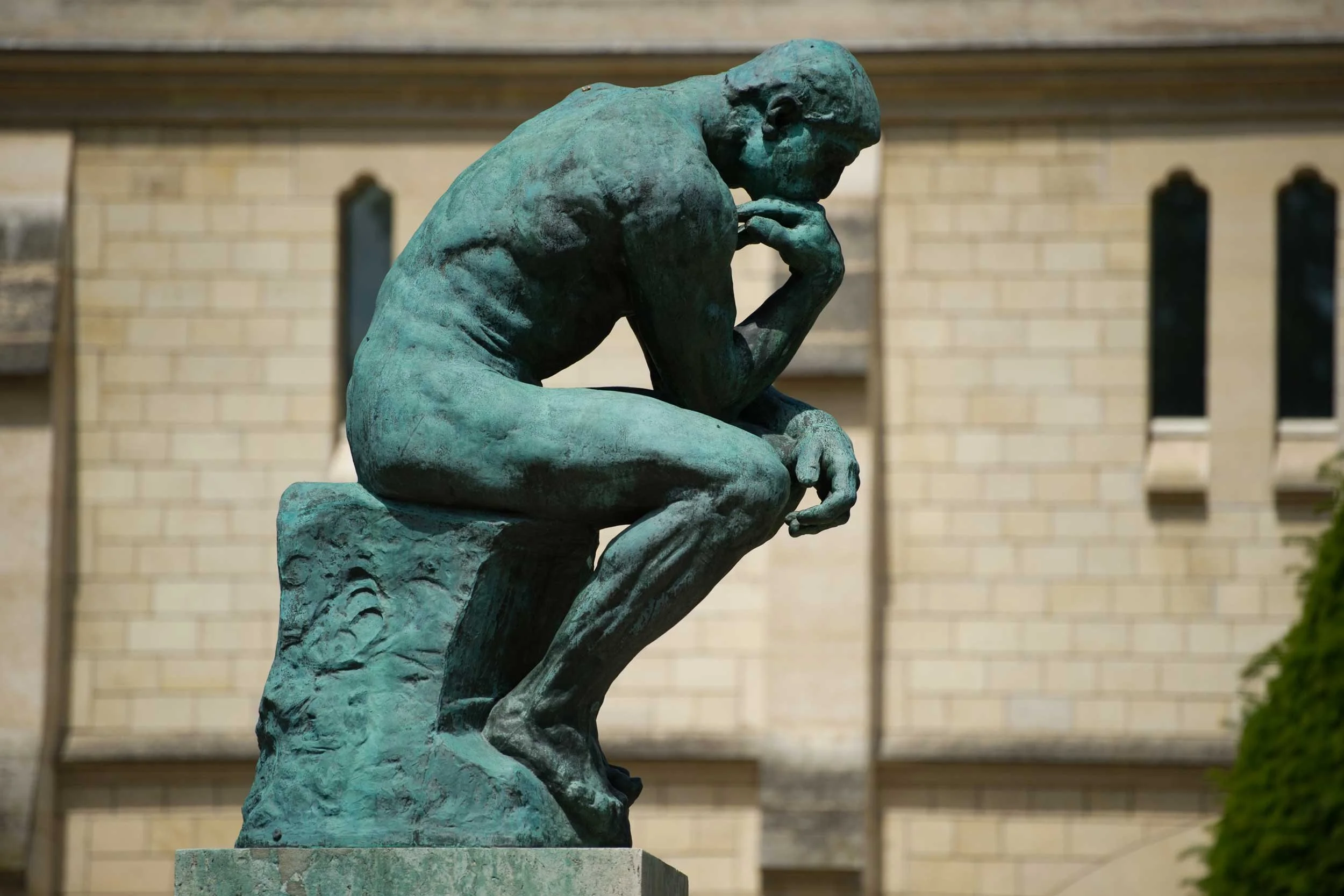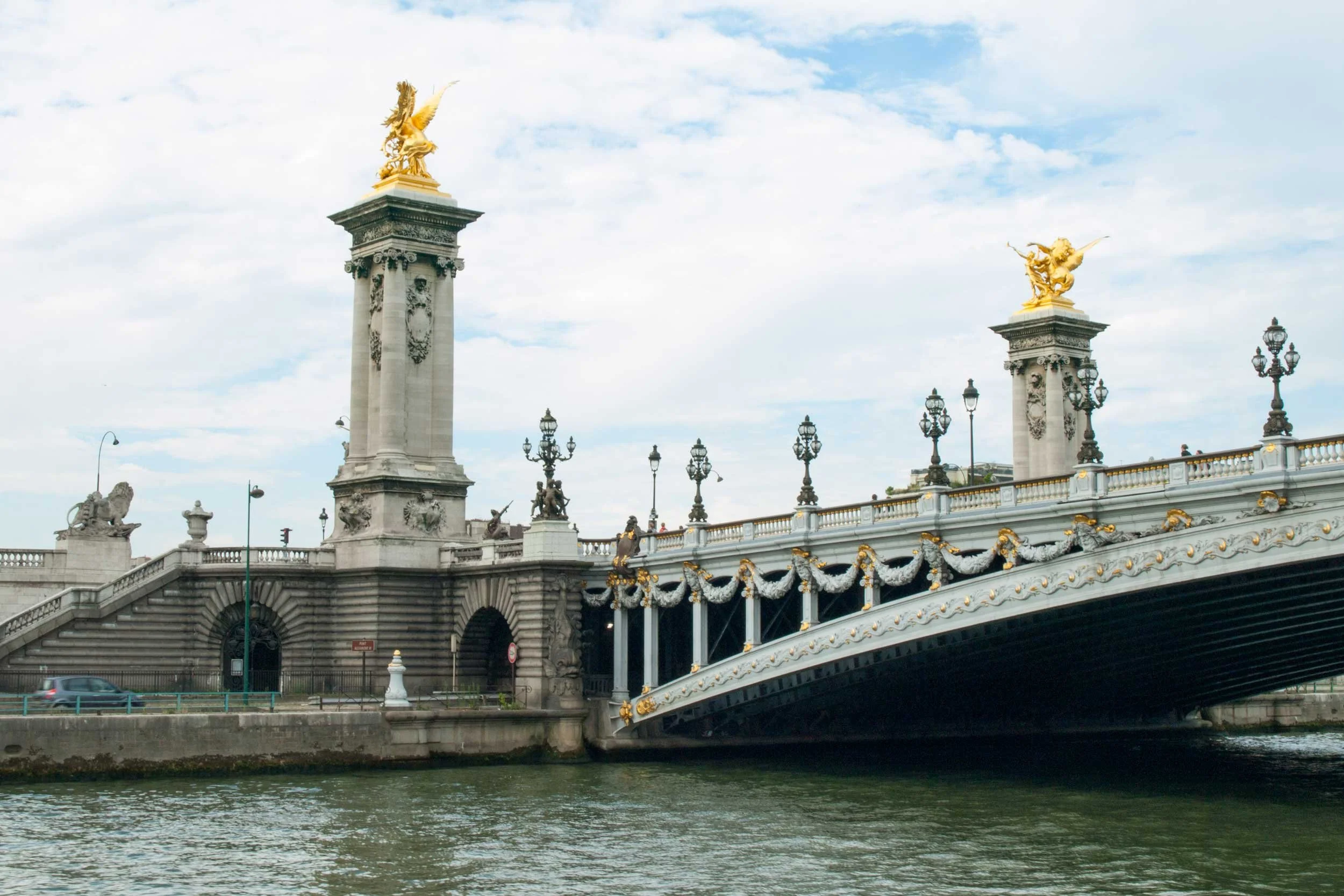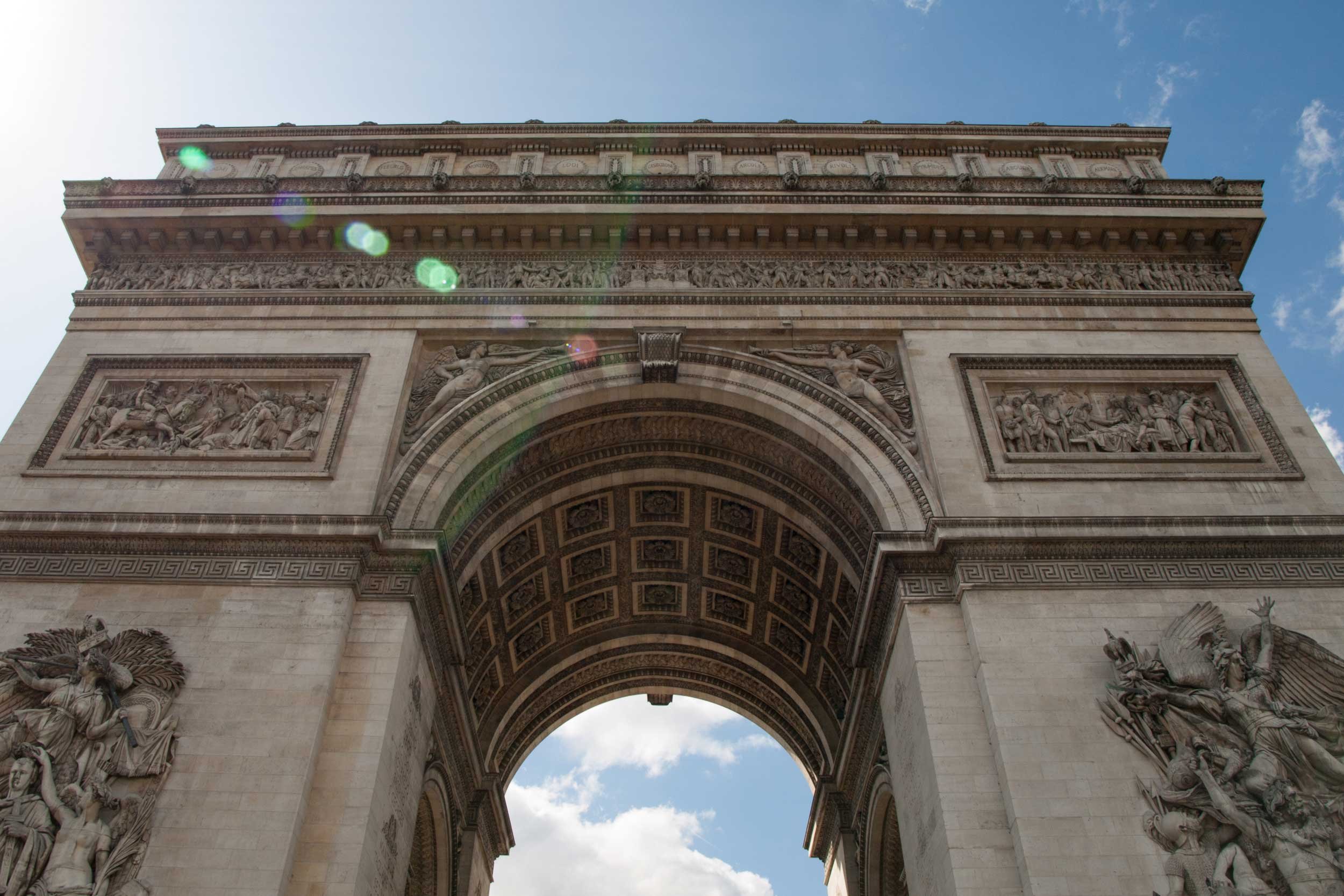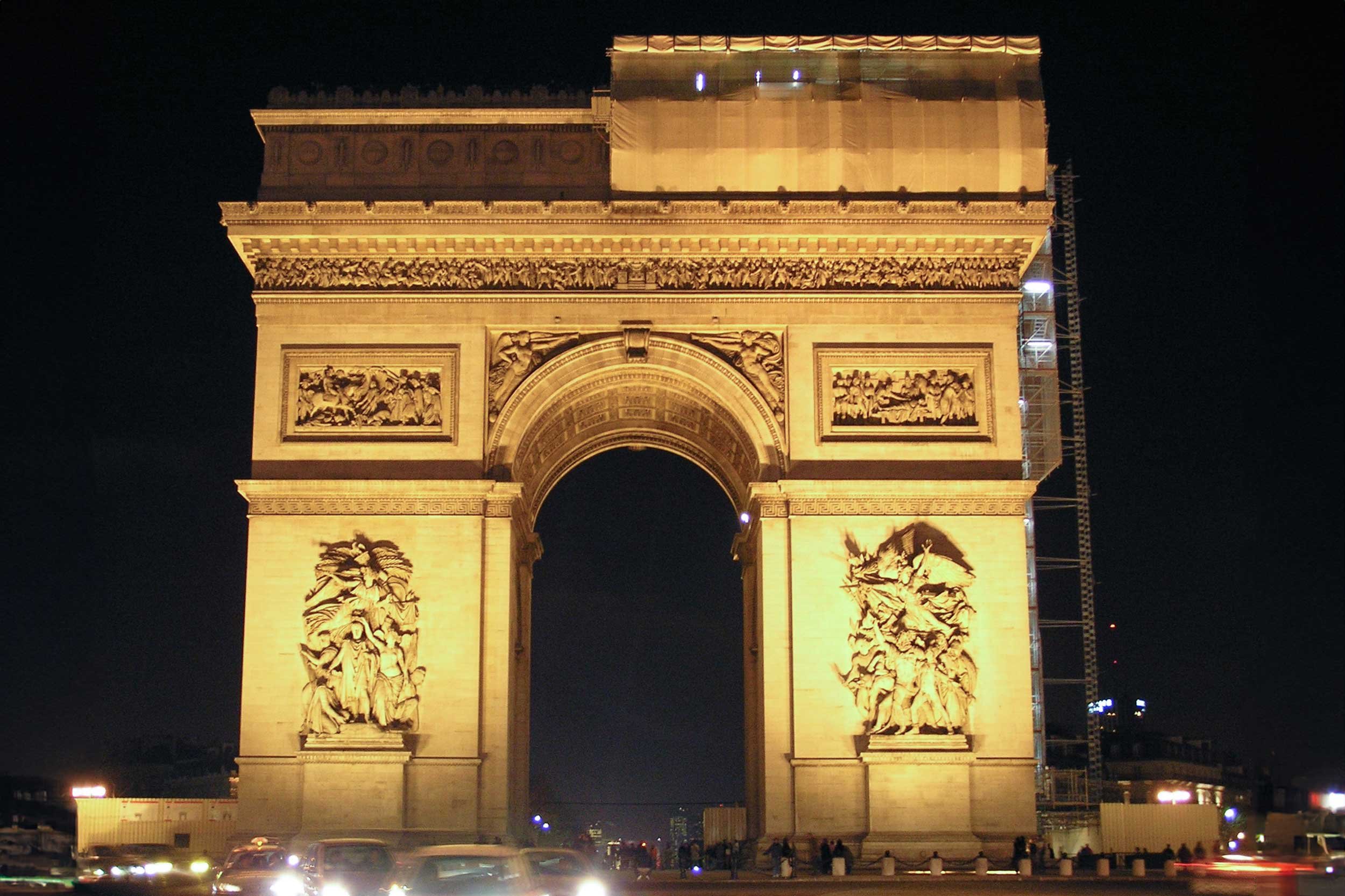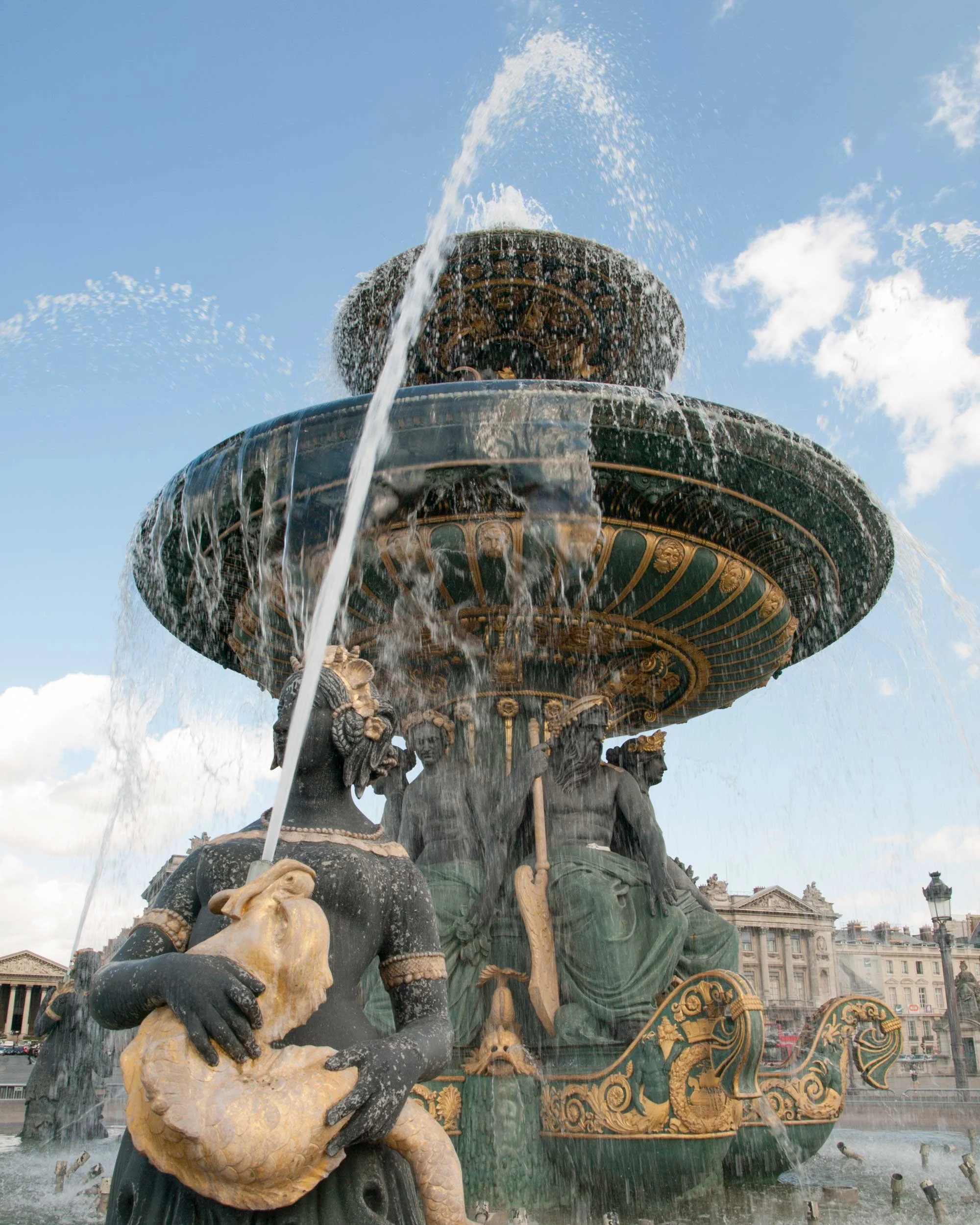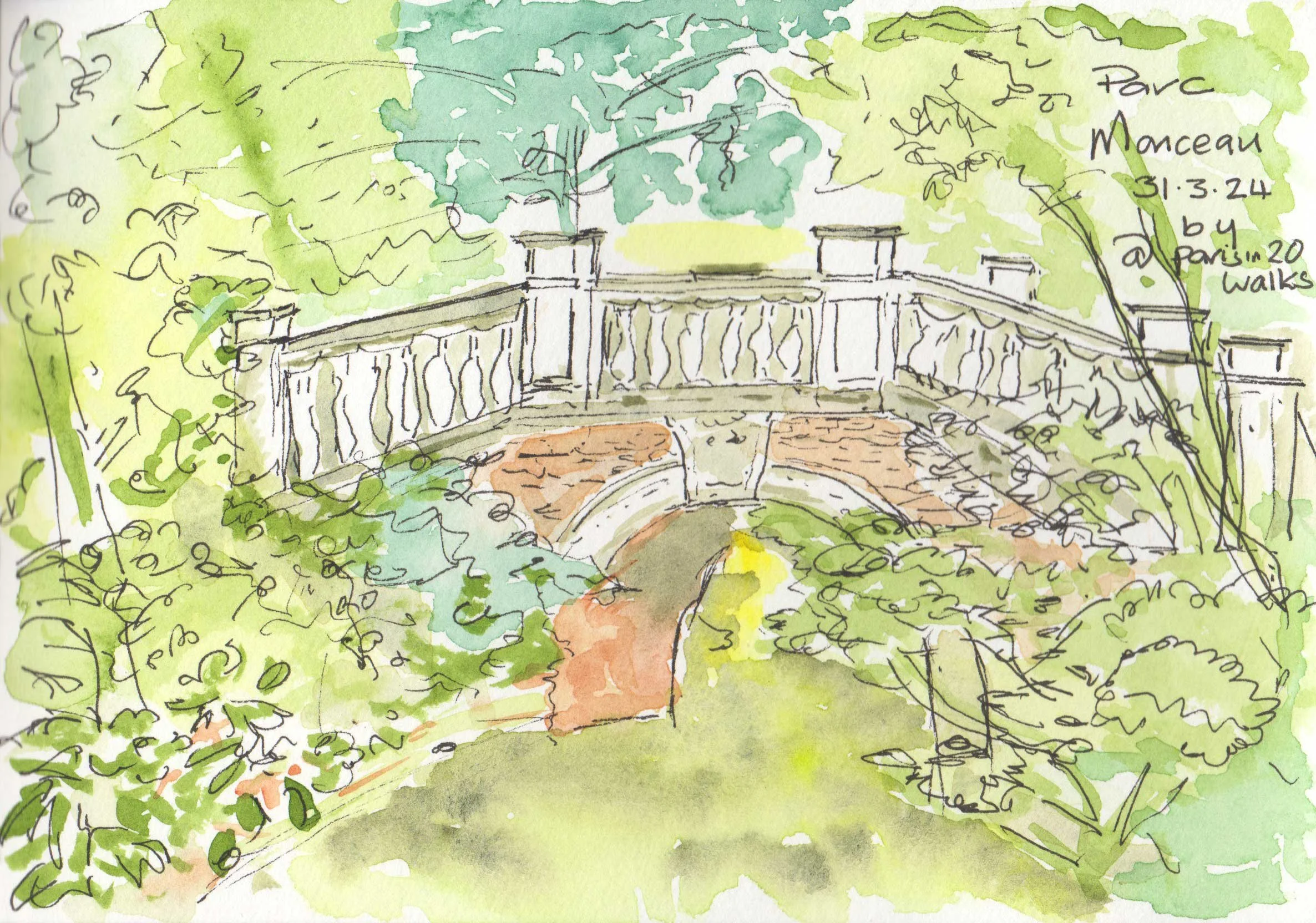Paris Arrondissements: Part 2
Welcome back to Paris. Let us continue our visit through the arrondissements. In this post we will cover the 5th to 8th. Allons-y (Let’s go)!
5th arrondissement is called the Latin Quartier and is located on the left bank of the Seine. I love this part of Paris. It oozes history and has lots of interesting and winding, cobbled streets to explore.
Eglise Saint-Etienne du Mont – as seen in the movie ‘Midnight in Paris’, where we see the main character, Gil (Owen Wilson) sitting on the steps of the church, waiting to be picked up by an old Peugeot. Read more about the church here.
Sorbonne Université, is France’s first university. It was established in 1253 by Robert de Sorbon, for 16 poor scholars to study theology.
Musée de Cluny – Musée National du Moyen Áge – 16th-century maison with a lovely courtyard and garden. It was built by the monks of Cluny to be their Paris residence. Most likely so that the monks could study at the Sorbonne. This museum has a vast collection of medieval arts, including famous tapestries. We visited in 2009, I had just finished reading about The Lady and the Unicorn set of tapestries in Tracy Chevalier’s book of the same name. After our visit, we sat for a while in the peaceful gardens.
A booklovers dream destination, Shakespeare and Company
This arrondissment is also home to the Panthéon and Arènes de Lutèce (Roman amphitheatre designed to seat 15,000 spectators), as well as two famous bookshops Shakespeare and Co and The Abbey Bookshop.
We suggest a walk through the Jardin des Plantes. Originally it was a medicinal herb garden for King Louis XIII. We loved the large greenhouse, and you can visit the zoo and several museums that border the garden.
Jardins des Plantes
Then across the road, treat yourself with refreshments at La Mosquée de Paris. The outside tearoom is a lovely oasis where we had tea and sweet pastries. There is also a restaurant and hammam onsite located at 39 rue Geoffroy-Saint-Hilaire.
We enjoyed a delicious afternoon treat in the tearoom of La Mosquée de Paris.
6th arrondissement is called St. Germain-des-Prés and it sits next to the 5th on the left bank. This area includes Palais du Luxembourg and Jardins du Luxembourg , which is one of our favourite spots. It is perfect for a picnic or just a short pause in your day.
Palais du Luxembourg and Jardins du Luxembourg.
In this area, you will find, Église Saint-Sulpice (featured in The Da Vinci Code book and movie), and another famous café, Les deux Magots. Estabiished in 1884, on the site of a the previous silk and novelty shop, it became the regular place for artists and writers to meet and share their ideas.
Les deux Magots café watercolour by moi
Sitting alongside the Seine, is grand building of the Académie française. This is the main French council for matters about the French language and publishes its own dictionary.
Académie française was founded 1634
Our first week-long stay in Paris, was in an apartment at 45 Rue Dauphine, a stone’s throw from Pont Neuf and the Seine. Rue Dauphine is famous for being the street on which Nobel Prize winning, Pierre Curie, was struck by a horse and carriage and killed in 1906.
Standing on Pont Neuf
It’s a great lively area with lots of options for eating amongst these is Le Procope. Established in 1686, it is the oldest restaurant in Paris chosen by writers, artists, politicians and philosophers as the place to be.
Don’t miss the Tour Eiffel by night.
The 7th Includes the famous, Tour Eiffel and there’s lots more to read about this icon in a previous post. Visit during the day for a picnic on the lawns of Champs de Mars, but don’t miss the night-time view which is spectacular.
Enjoy a picnic or just the view at Champs de Mars
Just around the corner at 29 Avenue Rapp see the beautiful façade of this art nouveau building. Click here
Hôtel des Invalides is home of the Musée de l’Armée and Napoleon’s tomb.
Hôtel des Invalides
Musée Rodin is housed in an elegant 18th-century mansion with a garden displaying the works of the artist, Pierre Rodin, including Le Penseur (The Thinker).
Le Penseur in the garden of Musée Rodin
Musée d’Orsay , so far I have enjoyed this museum the most. It’s the home to many of the Impressionists painters that I love. It is located in a magnificent building, which was once the Orléans railway terminus. Click here for the website.
Exterior view of Musée d’Orsay
Interior view of Musée d’Orsay
Le Bon Marché is another grand magasin founded in the 19th century. Here you can purchase upmarket designer apparel, housewares, beauty products and gourmet groceries https://www.lebonmarche.com/
Pont Alexandre III, a little watercolour painting by moi
Connecting the 7th and 8th arrondissements is another of my favourite monuments, Pont Alexandre III. It was built between 1896 and 1900 and spans the Seine river, connecting Les Invalides on one side, to the Grand and Petit Palais on the other. Beautifully ornate with gilded statues and Art nouveau lamp posts, it’s been featured in many movies and more recently Emily in Paris on Netflix.
Pont Alexandre III, connects the 7th and 8th arrondissements
L’eglise de la Madeleine
We have arrived in the 8th arrondissement know as Champs Elysees where we found Galerie des Arcades and a shop named after moi! L’eglise de la Madeleine is a church and concert venue completed in 1842.
L’eglise de la Madeleine
Perhaps the most famous place in this area, is the Arc de Triomphe. It was built to commemorate Napoleon’s victories. It sits at the centre of 12 avenues and traffic looks chaotic. However, it is possible to access the arch via a tunnel under the road. At the base of the arch, you will see the grave of the unknown soldier 1914-1918. Impressive views can be seen from the top, reached by climbing the 284 stairs or take the lift part of the way. At a height of 150m and its unique position, give the viewer a great perspective of the layout of Paris.
Place de la Concorde
Place de la Concorde is a large public square with a 3,300 year old Egyptian obelisk, Obelisk of Luxor and two monumental fountains (Fountain of the Seas and Fountain of the Rivers). Chris was excited to visit here during our first trip to Paris because of the connection to the Tour de France. During the final stage of this 21 day race, cyclists race around this area numerous times bouncing over the cobbles at ridiculous speed. This won’t be the case in 2024 as Paris will be hosting the XXXIII Olympics, from 26 July to 11 August, so the final stages of Tour de France. will be in Nice.
Fountain of the Seas and Fountain of the Rivers
Fountain of the Seas and Fountain of the Rivers
However, this square does have a more sinister past, as it was the scene of many executions during the French revolution. Louis XVI and Marie-Antoinette (among others) were guillotined here.
3,300 year old Egyptian Obelisk of Luxor
Petit Palais- Musée des Beaux-Arts de la Ville de Paris is a beautifully decorated 19th century building housing fine arts from the Renaissance to 20th century. It was built for the 1900 Exposition Universelle
If you are looking for somewhere to relax and escape the city, Parc Monceau is a large park surrounded by wrought iron gates dating from 17th century with statues, architectural follies, large trees, a pond, lawns for picnics and playgrounds. Take a stroll through the park on this YouTube video.
Parc Monceau watercolour by moi
Lido de Paris is a famous exotic cabaret and burlesque theatre located on Avenue des Champs-Élysées. Originally opened in 1946 and moved to it’s current location in 1977. https://lido2paris.com/en/
That’s all for this addition. Be sure to come back next time to continue our tour of the Paris arrondissments.
À bientôt!



